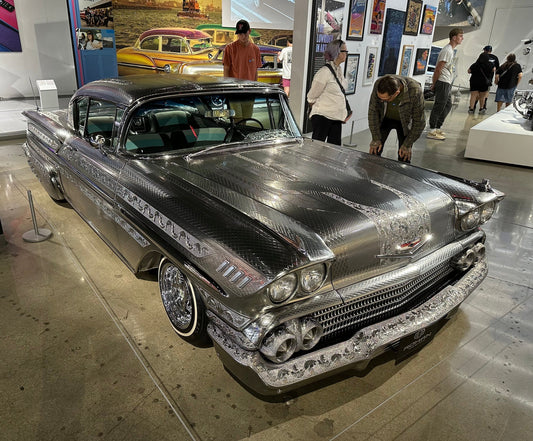When we speak of break in much of what we are dealing with is purported to be about dielectrics. I am not expert enough to give you a lecture on this subject but here's what I can share with you that matters.
A dielectric is essentially an insulator of one type of non-conductive material or another. Think of a cable. There are typically two components to it: a conductor made from copper, silver, whatever. Surrounding this conductor is some sort of plastic material that does not conduct electricity. That is the dielectric or the insulator. This allows you to place two wires together in one jacket and have the cable work, the two conductors insulated from each other.
When you pass a current (musical signal) down the conductor, a small electrical field is generated which 'charges' the dielectric insulator. It's kind of like a battery, this insulator. When you pass music down the conductor, the insulator builds up a charge in one direction and holds that charge for some time. Some cable manufacturers have capitalized on this phenomenon by adding an actual battery that places a DC voltage on the insulator itself, forcing it to remain charged in one direction only.
Dielectric materials vary greatly. Some have less 'battery' effect than others. Rubber works well as an insulator but isn't well liked by wire manufacturers. Vinyl, PVC aren't liked much either. Materials like Teflon and Polypropylene are better liked because they exhibit less of this 'battery' effect. Even air can act like a dielectric.
When we break in a cable, we are charging this dielectric up so it can stabilize. When you first start passing music through a cable it reacts differently than when you do it after several hours of use: this because the dielectric material has actually 'changed' and we can both measure as well as hear the differences in performance when this happens.
Other parts of your stereo system have dielectric effects: the inside of an RCA connector, XLR connector, PC board, capacitors, etc. Not much in your system, in fact, doesn't have this effect.









